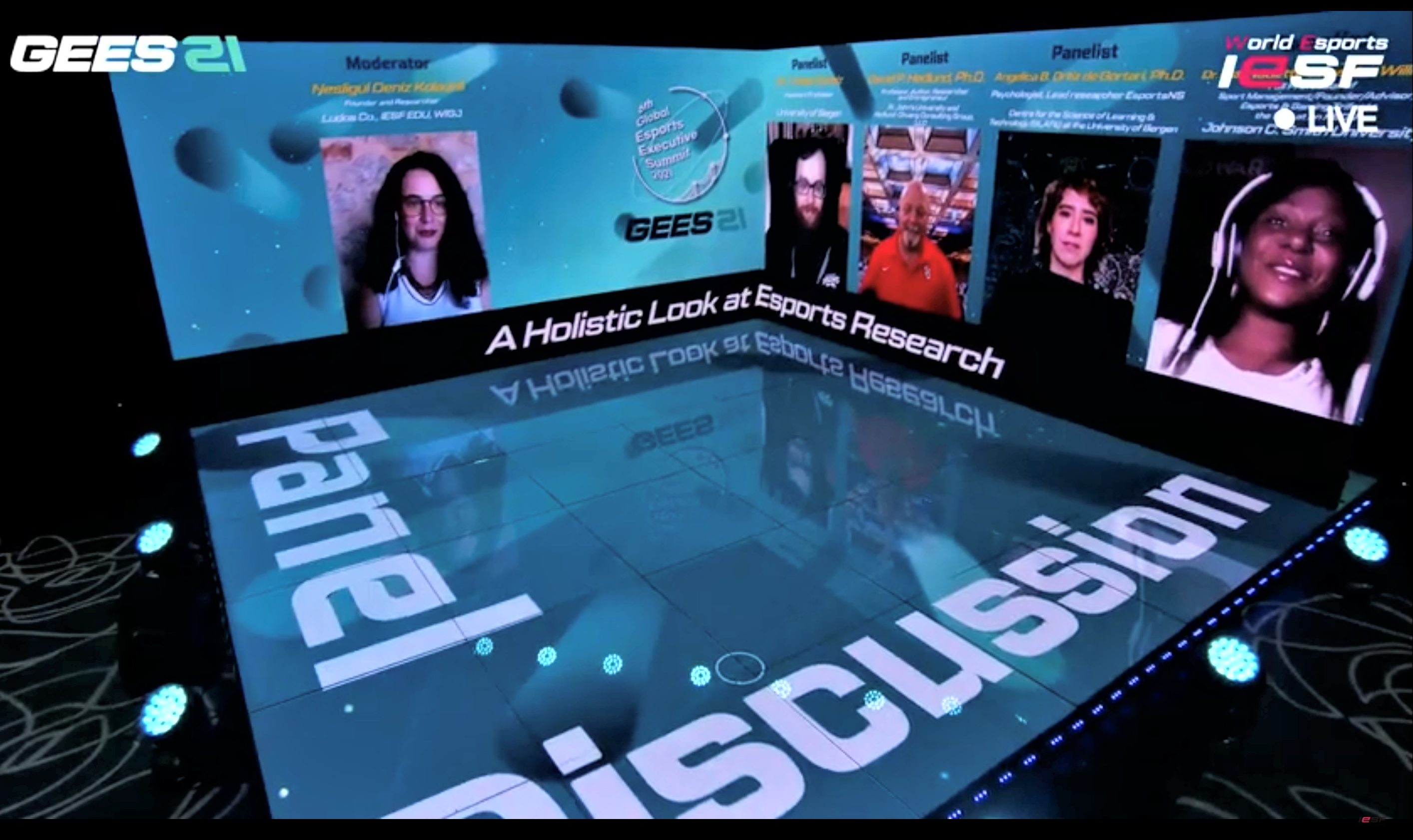Mission
To empower individuals and organisations with solutions on digital games supported by empirical data and scientifically proven methodologies, based on a holistic and multi-modal work approach that considers perception, cognition, affect and behaviour.
Vision
To maximise the benefits and overcome the challenges related with the ever-changing digital gaming technologies.
Dr. Angelica B. Ortiz de Gortari
I’m a psychologist, researcher, prolific author and expert speaker, with over 15 years of experience examining the impact of interactive media.
My academic milestones include a Postdoc from University of Liège (Belgium, PhD in psychology from Nottingham Trent University (UK) and master’s degrees from Stockholm University (Sweden) and University of Leon (Spain) on mental health and child and youth studies.
I have developed a multi-modal research approach on understanding the impact of digital sensory stimulation and simulation on perception, cognition and behaviour, so-called Game Transfer Phenomena (GTP). The research on GTP focuses on examining the interplay between individual experiences (i.e. sensory, cognitive and motoric intrusions and transient changes in perception and behaviour) and video game features and mechanics.
I have been awarded prizes such as a doctoral award for excellent research and research grants, including the prestigious European scientific Marie Curie postdoctoral grant for my project on Game Transfer Phenomena at the University of Liège (Belgium). My journey into the impact of interactive media started when I conducted one of the first studies on pathological internet use. This was continued by projects on the psychological mechanics of online gambling and video games and policies at the Swedish National Institute of Public Health (today the Public Health Agency of Sweden) at the unit of pathological gambling.
Currently, I am leading a longitudinal project on esports in Nordic Schools (esportsNS) at The Centre for the Science of Learning & Technology (SLATE) at the University of Bergen in Norway.
Projects and impact
I have appeared on numerous media since 1999 talking about the psychosocial implications of the Internet and video games. This includes TV, radio and newspapers in Mexico, UK and worldwide.
My research has been featured in books about everything from video games, the evolution of the senses and a science fiction book; reports (Lloyds emerging risk report (2018) and a POSTnote by the United Kingdom’s Parliamentary Office of Science and Technology (2012).
C
TV
•BBC News, 2015 •Episode of the series “CSI: Cyber”, 2016 •Televisa Monterrey, 2000 •Multimedios Estrella de Oro, 2006, 2000, 1999.

News papers
•Die Zeit 2017 •The Telegraph – Science 2016, •Washington Post, 2016 •TV2 Norway, 2016 •The Sydney Morning Herald, 2016 •El Reforma, 2015, •The Independent, 2014 •Guardian, 2014 •Boston Globe, 2014, •The International Herald Tribune, 2011 •El Norte, 2005.

Radio & podcasts
•BBC Digital Human, 2016 •Formula, 2015 •Late Night Gamers, 2014 •Piensa Indigo Media, 2012 •Brain Gain or Drain, 2011 •BBC World Service – Click, 2011 •Radio Nuevo Leon, 2006 •Radio Multimedios, 2000.

Magazines
•The Atlantic, 2016 •Unwinnable Magazine, 2016 •Forbes, 2014 Gamer style, 2014 •Level, 2013 •Gamestar, 2013 •Muy interesante, 2012 •New Scientist, 2011 •The Metaverse messenger, 2007, 2008.

Other outlets
•Sci-fi book Planet Alt-Sete-Nine, 2018 •Discovery News, 2016 •Venturabeat, 2015 •CBS News, 2014 •Sky News, 2014 •GameSpot, 2014 •Kotaku, 2011 •Eurogamer, 2011 • Amusing parodies such as by GINX 2011.




